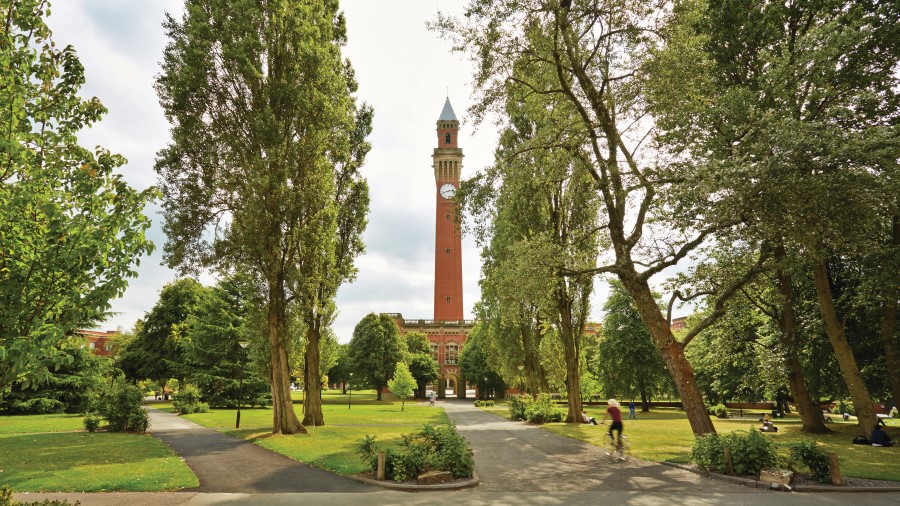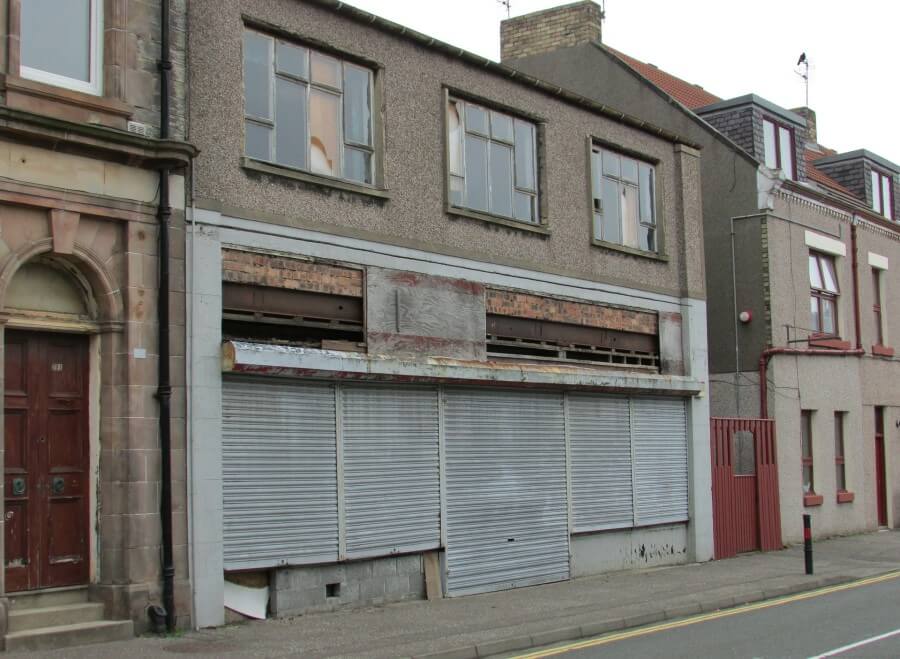
In this blog, Professor John Goddard and Des McNulty discuss how COVID-19 provides an opportunity for social science and universities to contribute to the recovery and renewal not just of the nation, but of their areas and regions, contributing to ‘levelling up’.
It was originally commissioned and published by the Campaign for Social Science as part of its COVID-19 programme.
While universities face major challenges to their funding and business models as a result of COVID-19, many are nevertheless deepening connections and collaborations with the NHS, local authorities, businesses and the community and voluntary sectors in the areas they serve. In these instances, universities are making significant contributions to local and regional responses not only as anchor institutions with significant economic and employment roles and responsibilities but also as sources of expert advice and support.
There is broad agreement that recovery from this crisis needs to protect the vulnerable, tackle inequalities, focus upon supporting young people, prioritise the sectors and regions most impacted, boost productivity, and help the transition to a low carbon economy. These are all areas where social science has an important role to play. But while regulatory and economic policy levers reside with central government, delivery – in the process of re-emergence from lockdown and the transition, recovery and renewal phases – will in key respects have to be implemented at the sub-national level. Different local and regional circumstances demand tailored responses.
Universities can play a vital catalytic and leadership role, especially in supporting regions and communities with a long history of economic and social disadvantage. Many places, and in particular the so-called left-behind areas, will face great challenges in rebuilding their local economies and civil society. Impressed with the extent to which universities have of their own volition worked with real pace, skill and scale to mobilise their staff and students as part of the emergency phase, civic partners are now looking to them to contribute to the recovery process. How universities respond in the next phases will greatly influence, for better or worse, trust and confidence in the sector.

The belated establishment of a UK wide Ministerial Research and Knowledge Exchange Sustainability Task Force has now brought together the separate parts of Government responsible for universities (DfE, BEIS and the devolved governments). However, its terms of reference focus on the impact of COVID on university research and KE and not on the role that universities can play by mobilising expertise and engaging with partners to aid local recovery. The ‘levelling-up’ agenda that was a pre-crisis mantra of the Government is not mentioned. Although the Office for Students (OfS) is represented on the Task Force, the impact on students is not included.
There is a very real danger that, in the face of the financial crisis confronting the Higher Education sector, a piecemeal approach will be taken which pays inadequate attention to the contribution higher education and research can and must play in meeting both the immediate and the longer terms needs of places affected by the crisis. This must include supporting the skills base and the cohort of graduates confronted with limited employment opportunities.
To forestall this vacuum at the centre of government, there is an urgent need for universities to seize the initiative and work with local partners at city and/or regional level in developing their plans and policies for recovery and renewal. The Civic University Network provides a ready-made platform to support this. It is well-placed to work with a diverse group of institutions across different parts of the UK committed to preparing Civic University Agreements.
Through the network, information about how universities are working to identify and map needs at city and regional levels, by mobilising their expertise in supporting civic partners to find solutions, can be shared. This can help counter the risk that the uneven distribution of research expertise and resources across the country, coupled with financial pressures on individual universities, might further disadvantage ‘left behind places’. Through the network, tools that universities, local authorities/agencies and civic partners at metropolitan/neighbourhood levels can use to link user need(s) with university capability can be developed and implemented. Co-operation between research-intensive universities and partners across regions can provide access to expertise to support the recovery process in a wide range of localities where help is most needed, including places where access to higher education expertise is limited. The network will host virtual workshops to share experience, expertise and ideas to help cities, towns and local communities create resilient pathways to recovery, maximising the reach of the research community to the whole of the UK.
The evidence and experiential learning generated by COVID-19, when linked to the considerable body of social science knowledge accumulated over decades about the role of universities in city and regional development that informed the report of the Civic University Commission, has the potential to shape a more equitable and responsive national higher education system.
Currently, economic policies that are geographically responsive, like city deals, local industrial strategies and devolution, sit alongside HE policies that are territorially ‘blind’, like the REF, TEF and KEF. There is a serious risk that retrenchment in the sector and the possible collapse of institutions could exacerbate disadvantage between different parts of the country unless there is more co-operation and sharing of ideas, insights and good practice across the sector and the provision of support across regions.
Under the current competitive model, each university is left to find its own ways of responding to a crisis which affects the education of individuals, the local economy, and health and wellbeing. Lack of collaboration risks aggravating inequality and the potential collapse of key local sectors already under pressure because of the pandemic (e.g., culture and leisure). Some universities are working together at the local level but there is scope for much wider co-operation which could result in less competition and more collaboration with other Higher Education Institutions and with Further Education colleges and schools. Ideally, universities would each learn from what they and others have done during the crisis and, sharing experiences and expertise, plan what they might do in future based on the deeper values that have emerged in the crisis.

A values approach would embed a university more strongly within local and regional governance structures where it could benefit from political support and have better access to geographically-specific policy thinking and systems of deliberation. Through improved connections and collaboration, universities can ensure their contributions respond to local needs, including not only those of local governments and health and social care agencies but also those of businesses of all sizes and from all places, local and national. Demand for socially relevant research will rise as a result of the COVID-19 crisis, and philanthropic donations linked to demonstrable community benefits could increase as a result.
To realise their full potential as key civic institutions, some universities will need to commit to their civic responsibilities and build stronger capabilities for local and regional engagement. It may well take time for the fuller benefits of this greater engagement to be felt. However, the crisis enables universities to demonstrate their value and contribution to the recovery and renewal not just of the nation, but of their areas and regions, contributing to ‘levelling up’. If the civic university movement sees more institutions aligning themselves to longer-term societal outcomes, this may reveal they have more to contribute than the current focus on research and teaching metrics that the current system requires them to prioritise.
This blog was written by John Goddard, Professor of Universities and Cities, City-REDI / West Midlands REDI at the University of Birmingham, and Des McNulty, Assistant Vice Principal for Economic Development and Civic Engagement at the University of Glasgow and Vice Chair of the Glasgow Commission for Economic Growth..
To sign up for our blog mailing list, please click here.
Disclaimer:
The views expressed in this analysis post are those of the authors and not necessarily those of City-REDI / WM REDI or the University of Birmingham
